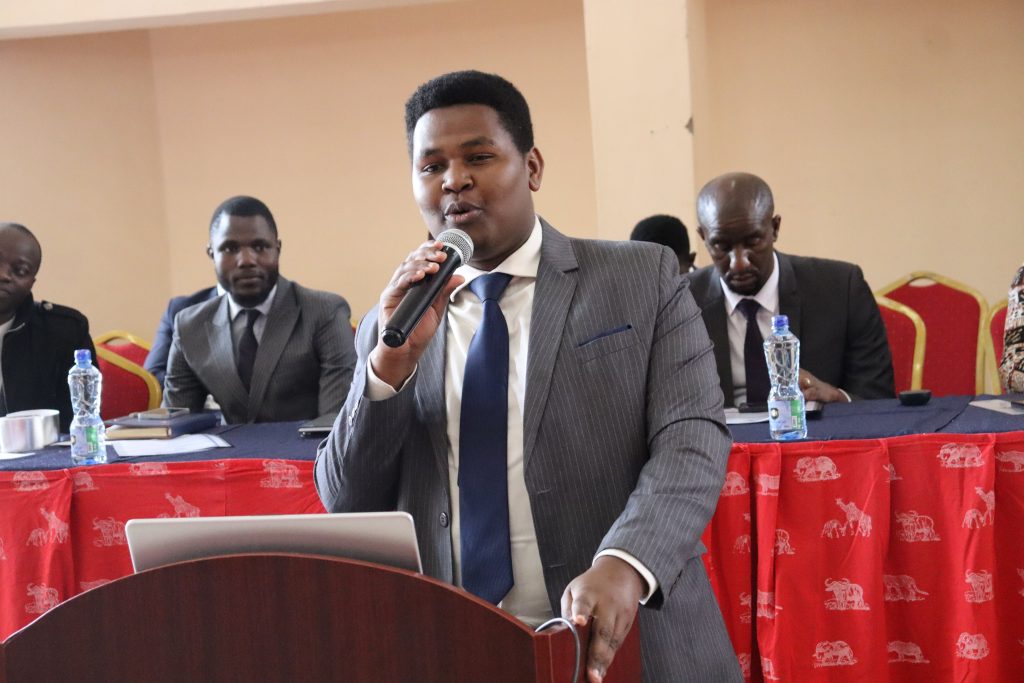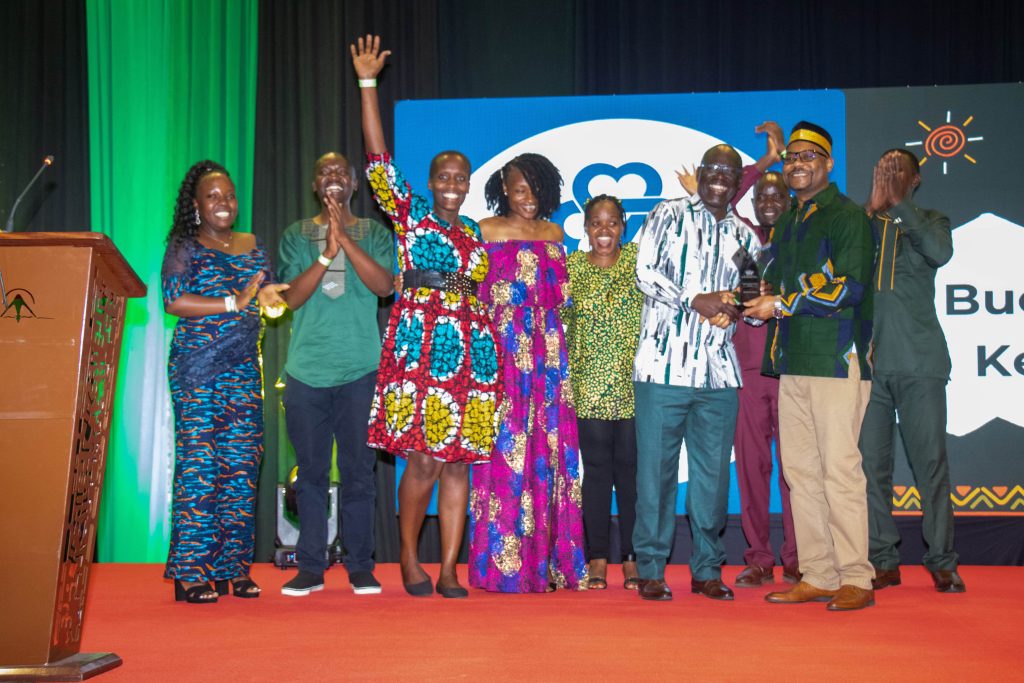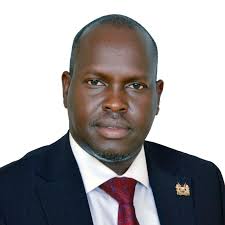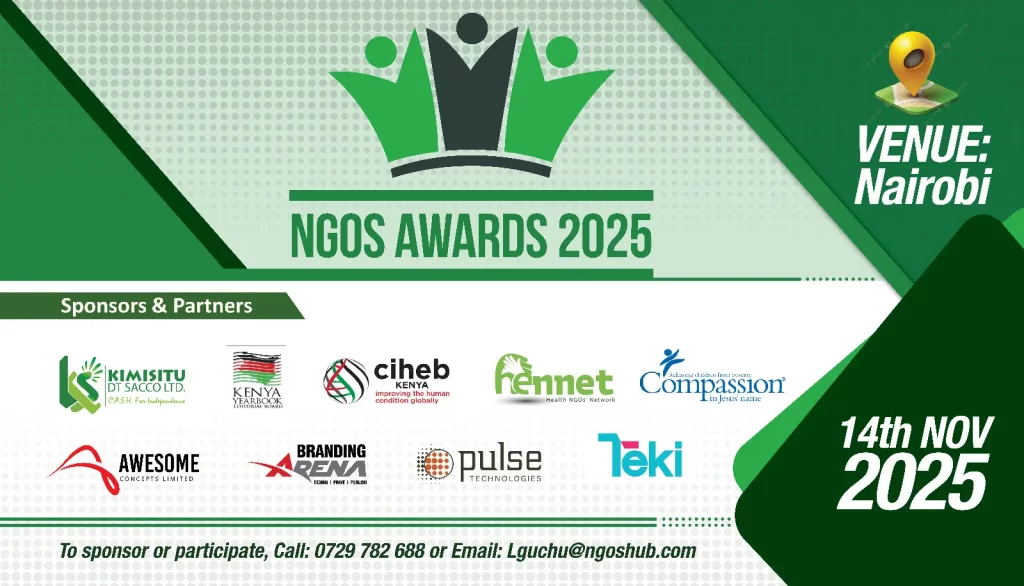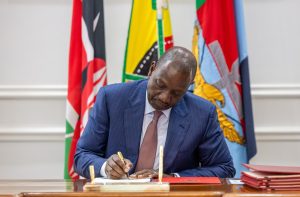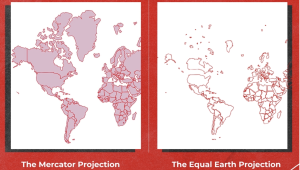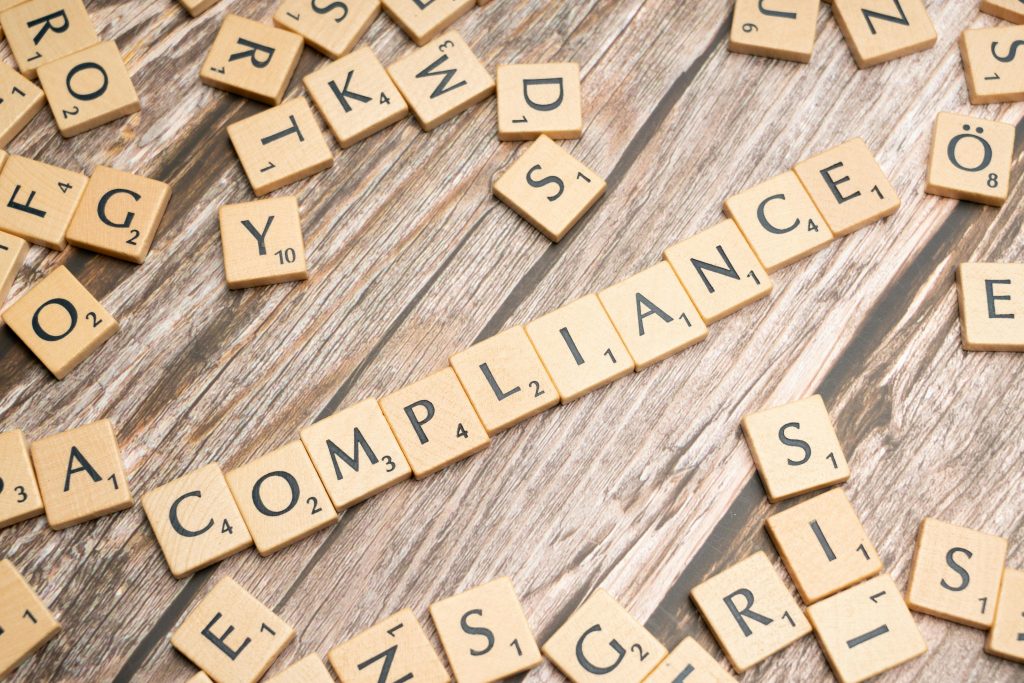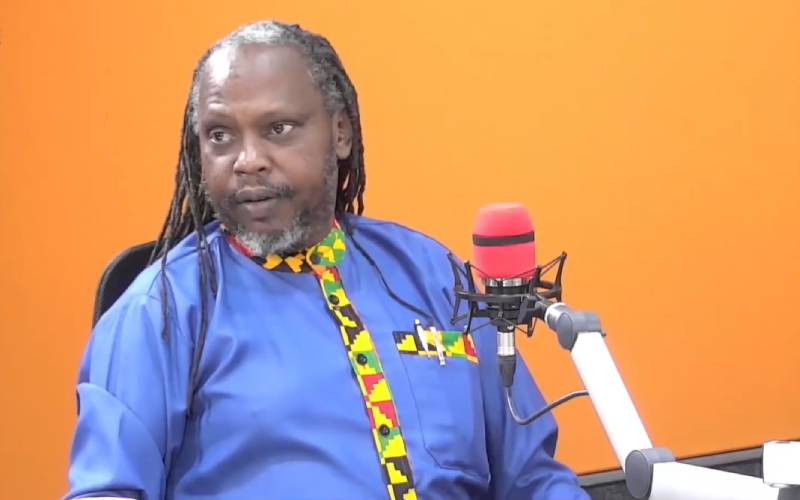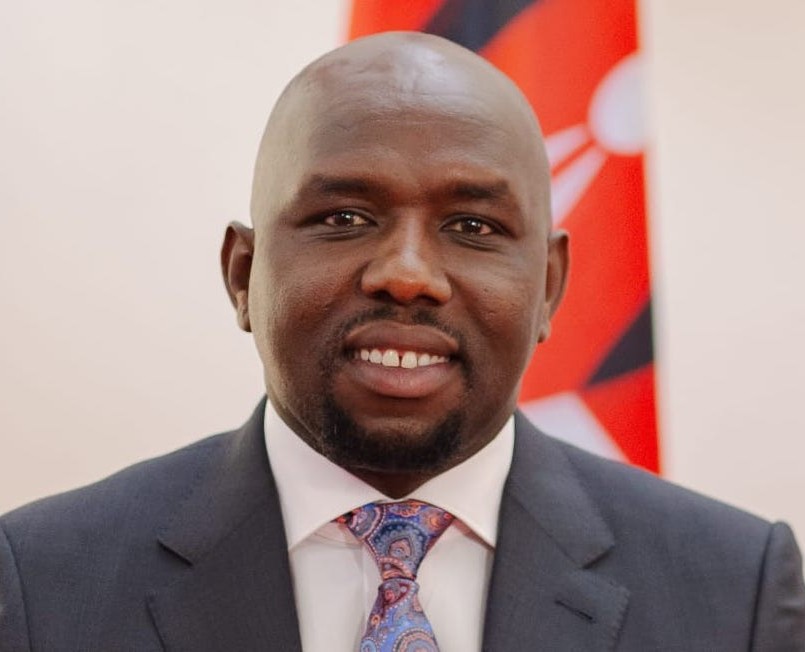By Wahome Ngatia
In a bold move to bridge the growing rift between Kenya’s judicial system and its citizens, the International Commission of Jurists–Kenya Chapter (ICJ-Kenya) signed a Memorandum of Understanding (MoU) with Africa Voices Foundation (AVF). The agreement paves the way for an evidence-based public perception survey that will capture how Nairobi residents view the Judiciary.
Set to be released a year from now, the survey is a joint effort to expose systemic gaps and rebuild public trust in a sector often shrouded in suspicion.
“There’s a rising concern about how the Judiciary is perceived,” says Thuku Mburu, a Program Manager at ICJ-Kenya. “We believe in identifying these gaps with data—not conjecture.”
While Kenya’s judicial ecosystem encompasses the police, courts, legislature, and other institutions, Mburu clarifies that the survey will zero in exclusively on the Judiciary. ICJ-Kenya’s mandate focuses on the intersection of legal systems, civil society, and human rights, making the Judiciary a natural focal point.
The statistics
Though the Judiciary garnered modest improvements in public confidence—57% of Kenyans in a 2019 Afrobarometer survey reported trusting courts “somewhat” or “a lot”—concerns remain deep-rooted. Almost nine in ten Kenyans (86%) believe some judges are corrupt, while over one-third (35%) say “most or all” judges and magistrates are corrupt. Only 11% of respondents in a 2022 survey felt court rulings were fair and impartial.
Moreover, over two-thirds of citizens with court cases complained of lengthy delays (65%), unaffordable legal fees (57%), and difficulty securing legal counsel (47%). These barriers help explain why most Kenyans bypass formal courts: only 3–6% of citizens with justice complaints used formal tribunals; instead, they sought resolution through family or traditional community mechanisms and were generally satisfied with outcomes.
A Legacy of Legal Reform
ICJ-Kenya is no stranger to reform. Its members have played pivotal roles in shaping Kenya’s constitutional landscape. The late Nzamba Kitonga, for instance, chaired the Committee of Experts that drafted the Constitution of Kenya 2010. Another notable member, legal scholar Yash Pal Ghai, was instrumental in laying the groundwork for the same.
During the tenure of Chief Justice David Maraga, ICJ-Kenya also championed the policy framework for alternative justice systems—a watershed moment that recognized traditional and community-based dispute resolution mechanisms under the law.
Under CJ Maraga, ICJ‑Kenya helped promote Alternative Dispute Resolution (ADR), illuminating that the majority of disputes were resolved outside the courts, through traditional or religious channels. Their advocacy contributed to formally integrating community dispute resolution into Kenya’s legal landscape
“Research showed that 85% of disputes were resolved outside the formal court system,” Mburu notes. “People were turning to village elders, religious leaders, and tribal councils. Our advocacy helped the courts formalize these systems.”
ICJ-Kenya’s work extends beyond policy. It has actively participated in election-related conflict resolution, forming technical working groups that evolved into government-funded committees advising on democratic governance and the rule of law.
The Voices of the People
Africa Voices Foundation, ICJ-Kenya’s new partner in this endeavor, brings deep expertise in citizen feedback mechanisms. Known for its robust data collection methodologies and demographic reach, the organization produces evidence-based reports that have informed both policy and practice in the human rights space.
Their partnership, Mburu says, is timely. “This is a pilot project focusing on Nairobi, but the ultimate goal is national coverage—including peri-urban and rural communities.”
The project is co-funded by the two organizations, alongside undisclosed external partners.
A New Era of Collaboration
The MoU reflects a growing trend in Kenya’s NGO sector: collaboration born out of necessity. With funding from the Global North shrinking amid shifting geopolitical priorities, civil society organizations are increasingly pooling resources to boost their impact.
“This isn’t just about funding,” says Mburu. “It’s about synergy—merging legal insight with grassroots reach. That’s how we make real change.”
As the perception survey gets underway, the partnership between ICJ-Kenya and Africa Voices could become a blueprint for future civic engagement—where data leads, and justice follows.

